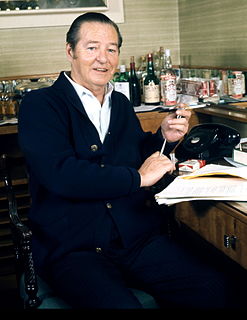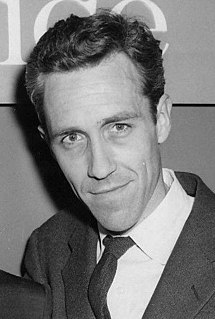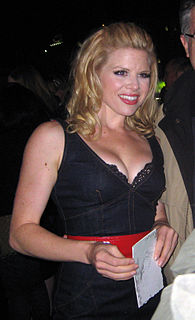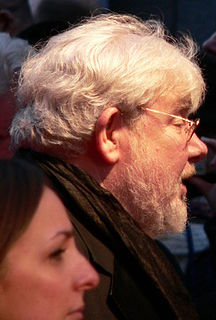A Quote by Tony Kushner
As a playwright, you are a torturer of actors and of the audience as well. You inflict things on people.
Related Quotes
A playwright, especially a playwright whose work deals very directly with an audience, perhaps he should pay some attention to the nature of the audience response - not necessarily to learn anything about his craft, but as often as not merely to find out about the temper of the time, what is being tolerated, what is being permitted.
There are some actors that are great stars and storytellers, but not necessarily good actors. I'm talking about some - not all - of the people you see in action flms or blockbusters. They're film stars, though not necessarily great actors. And there are those who are great actors, but not necessarily big film stars. Jim Sturgess is both. He's quite obviously a star, the audience likes him, he's a great storyteller and he turned out to be one of the greatest actors I've worked with as well.
Any actor worth his salt is looking for truth, the core of truth of the particular situation he is portraying, of that play. The playwright, the actors and the audience, that's what we're all there seeking. When it's working, time is destroyed. Sometimes 'Moon,' a play of four hours, would go by in a snap of the fingers.
Well, one of the things we're supposed to be able to do as playwrights is write from a place of empathy, get into another character's shoes and experience things both mundane and tragic. And people don't - like me right now - people aren't necessarily the most eloquent when trying to express their emotions. I guess I feel as a playwright that those people deserve a voice, too, a voice that isn't so articulate that they themselves can no longer identify with it.






































